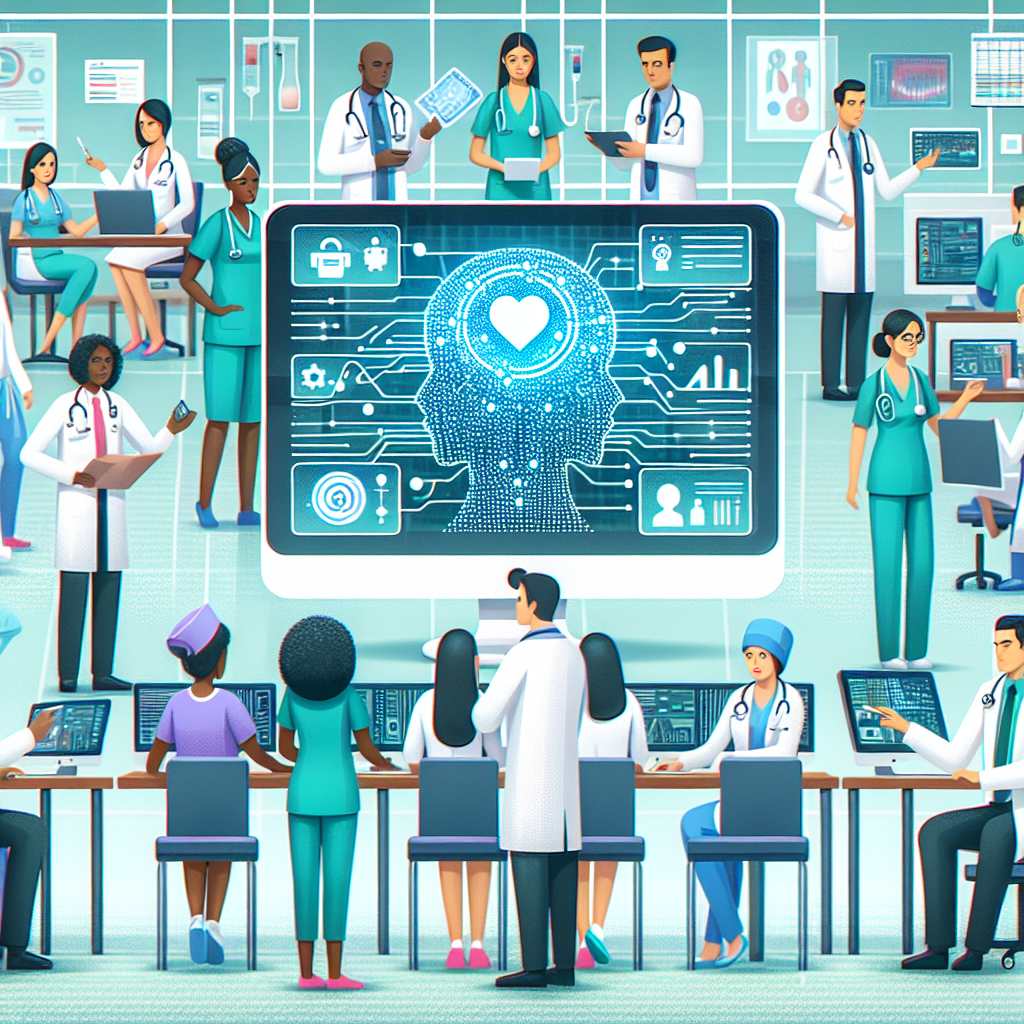Introduction
As technology continues to evolve, artificial intelligence (AI) emerges as a pivotal force in healthcare, particularly in clinical decision-making. This article delves into the myriad ways AI is impacting the process of diagnosing and treating patients, ultimately changing the landscape of modern medicine.
Understanding AI in Healthcare
AI utilizes machine learning algorithms and data analysis to mimic human cognitive functions. In the healthcare sector, its applications range from predictive analytics to diagnostic assistance, profoundly affecting clinical workflows.
Key Applications of AI in Clinical Decision-Making
- Diagnostic Support: AI algorithms can analyze medical images, such as X-rays and MRIs, with a high degree of accuracy, often matching or surpassing human radiologists in detecting anomalies.
- Predictive Analytics: By assessing large datasets, AI can forecast disease outbreaks or patient deterioration, enabling clinicians to act proactively rather than reactively.
- Personalized Medicine: AI helps tailor treatment plans based on individual patient data, enhancing the efficacy of therapies.
- Clinical Workflow Optimization: AI-powered tools streamline administrative tasks, allowing healthcare professionals to focus more on patient care.
The Benefits of AI in Clinical Decision-Making
Enhanced Accuracy
AI systems can reduce human error by providing clinicians with data-driven insights. This leads to quicker and more accurate diagnoses, contributing to better patient outcomes.
Increased Efficiency
With AI handling routine tasks, healthcare providers can devote more time to patient interaction and care, thereby improving overall efficiency.
Improved Patient Outcomes
AI’s ability to analyze vast amounts of data helps in identifying effective treatments, potentially leading to better health outcomes and increased patient satisfaction.
Challenges and Considerations
Data Privacy
The integration of AI into healthcare raises concerns about data security and patient confidentiality. It’s essential to implement robust security measures to protect sensitive information.
Algorithm Bias
AI systems can perpetuate existing biases if trained on unrepresentative data. Ensuring diverse datasets is crucial to prevent disparities in patient care.
Regulatory Compliance
With the rapid development of AI technologies, regulatory frameworks often lag. The healthcare industry must advocate for clear guidelines to ensure safe and effective AI applications.
The Future of AI in Clinical Decision-Making
The future of AI in clinical decision-making looks promising, with ongoing research and development aimed at enhancing accuracy and efficiency. As AI continues to evolve, it has the potential to revolutionize patient care and overall healthcare delivery.
Conclusion
AI’s impact on clinical decision-making is profound, offering numerous benefits while also presenting challenges that must be addressed. By harnessing the power of AI, healthcare providers can improve their clinical practices, leading to better patient outcomes and a more efficient healthcare system.

